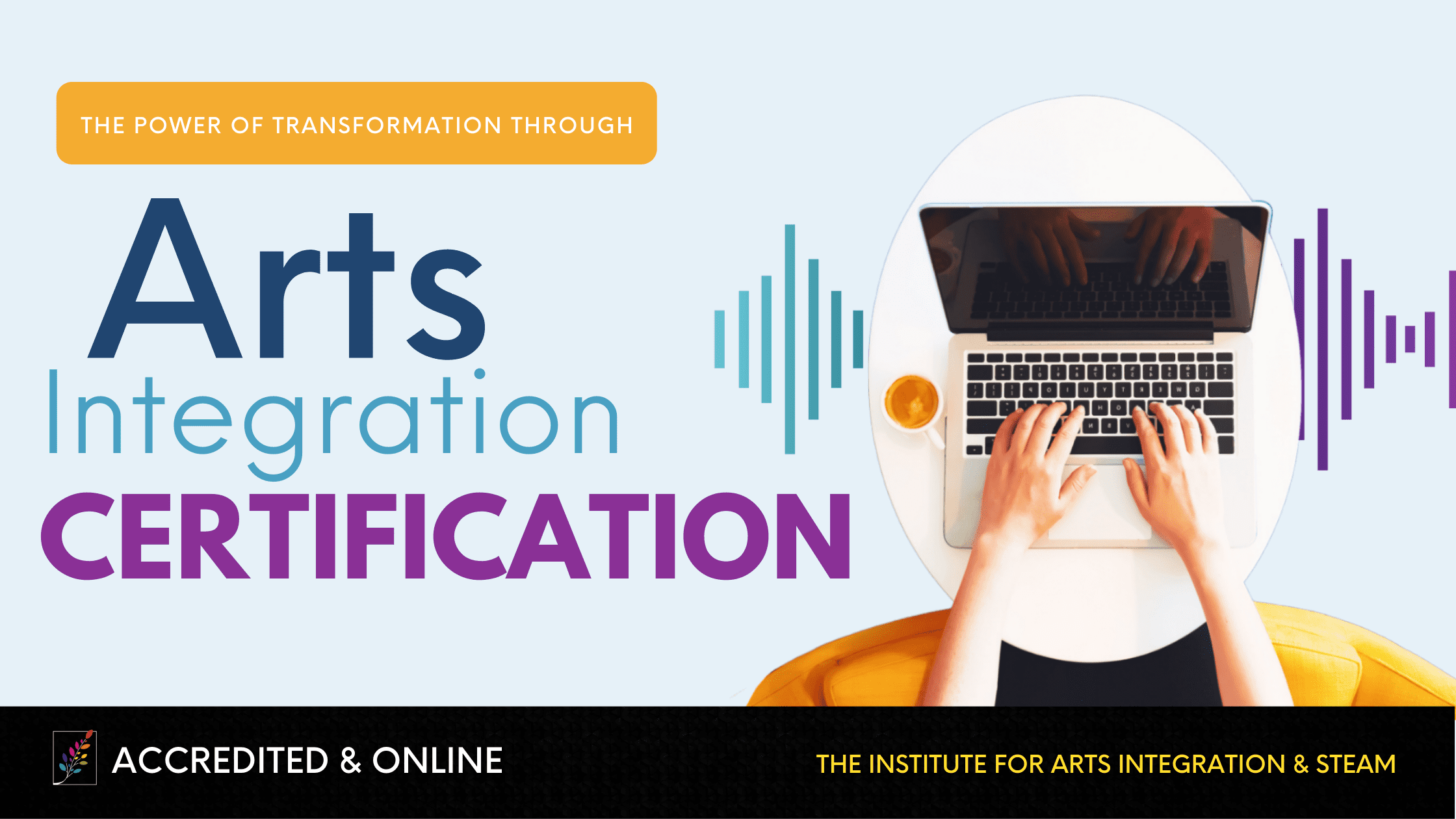Susan Riley | April 2013
Taxing Our Teachers
Finally, tax season is over. With at least four members of my husband’s family being accountants, the time from January to April is frazzled at best. Which got me to thinking about a different kind of tax: the toll that our teachers pay when we are moving at the speed of light in education. Do you ever feel that way as a teacher? Like you’re running to catch your breath because at any given moment, the sand shifts beneath your feet and you’re not sure where the finish line is anymore. Are we taxing our teachers out of their craft?
I am a big proponent of change. I believe that change makes us better and pushes us to refine our practice. But I also think that we must make planned changes carefully. Impromptu changes are out of our control and cause us to react quickly – these are a reality of life and can be positive if we work at our response to them. But in education, we have a tendency to add planned changes on top of this mix at an incredible speed, sometimes without even having a reference of the ultimate purpose for the change. Can we truly expect teachers to implement change well when they have no clear sense of purpose of direction? It’s no wonder that teacher frustration is so high and many are choosing to leave the profession.
When I look at the sheer volume of changes teachers are now facing in the next two years, it is staggering. Let’s take a look at just a few:
- Common Core is a major shift in what and how we are teaching our students
- new assessments which require more time to administrator and understand what is being measured
- technology expectations including 1:1 and BYOD that are being rapidly introduced and which have huge implications for teacher professional development
- Student Learning Objectives and
- new teacher evaluation systems
Any ONE of these initiatives would require at least 40 hours of intensive professional development for teachers to properly implement. When is there time for all of these at once? Of course, we have to expect that something will begin to slip through the cracks. And it’s not just teachers: the administrators and central office staff that is implementing these changes with integrity are also feeling the strain. We do not have the resources to support this kind of shift in the American education system.
What do we need to do? We need to slow down. We need to choose our changes carefully and decide to do somethings very well, rather than everything done poorly. And I realize that we can’t simply turn to the government and state agencies and say “we’re not going to do this right now”. But we can choose to focus our efforts. Look at each of the changes that we are anticipating and find a common thread through all of them. Focus on that thread and implement each of these systems through that lens. Our teachers and administrators need a focal point to hold onto when the winds of change are blowing. Taxing our teachers out of the profession isn’t the answer. We need to provide a paddle of strategies and a life-jacket of focus to weather this storm.
Sound off! What changes are occurring in your district?
How are you handling these overwhelming changes?



